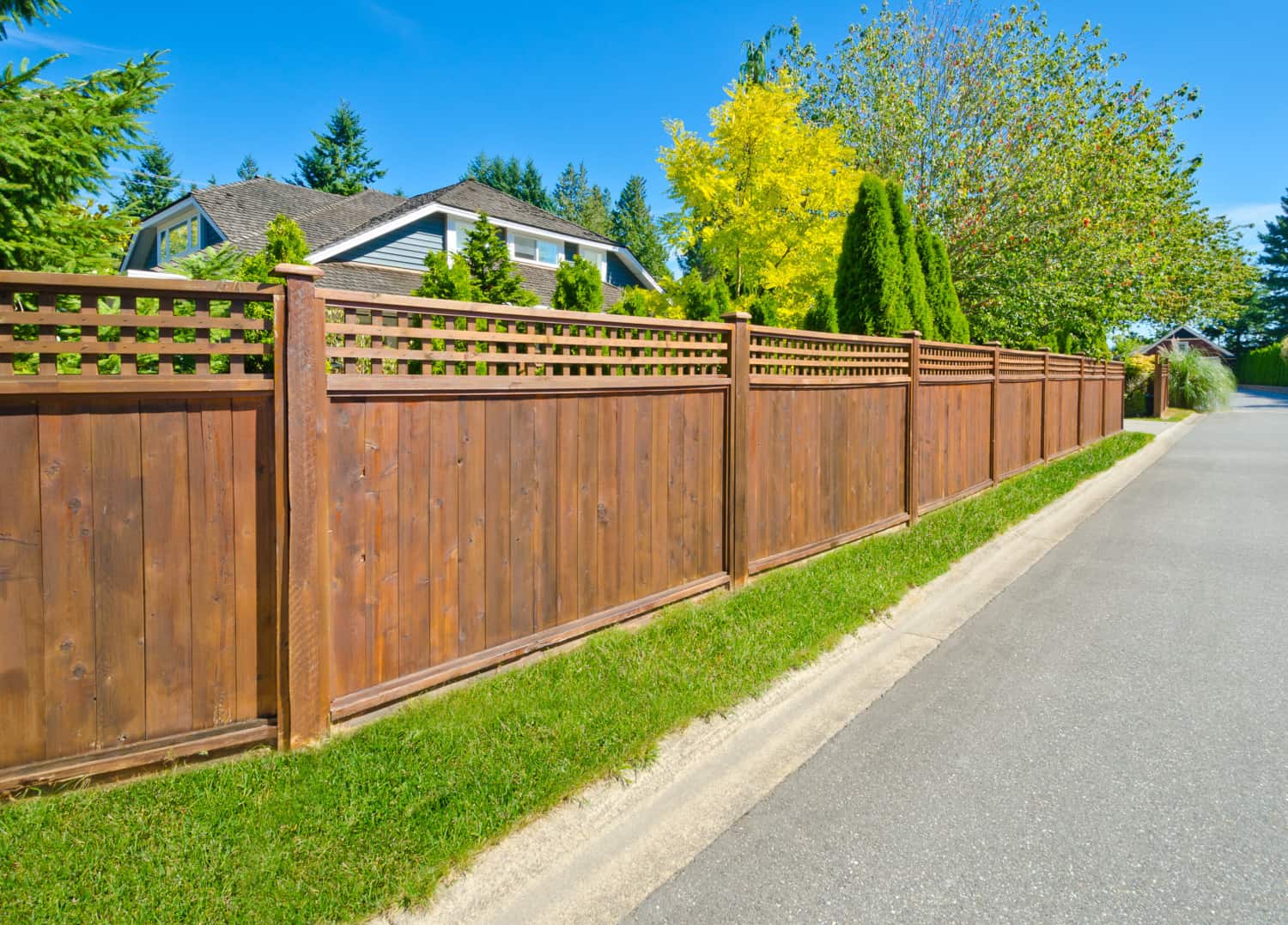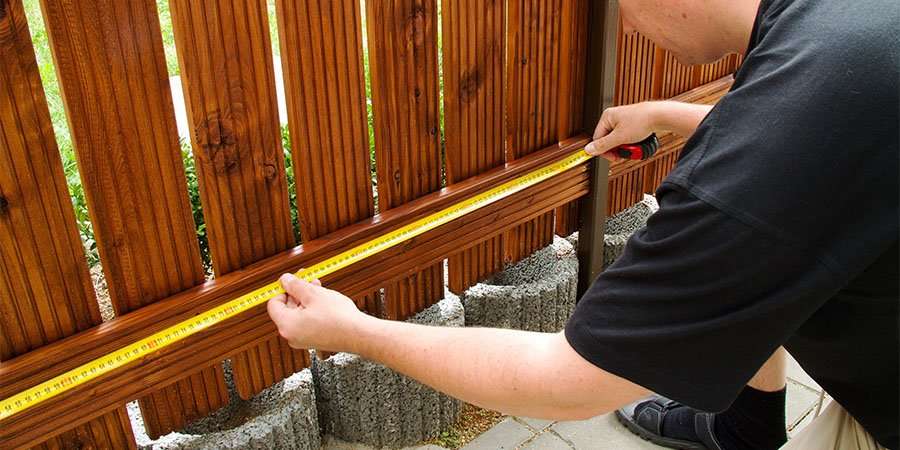Featured

When preparing to install a fencing around your residential or commercial property, one of the very first actions is understanding the allowing requirements in your area. Here's what you need to recognize concerning getting the essential permits for your fencing installation.
Why Do You Required a License for a Fence? A permit is typically needed for fence setups to guarantee compliance with regional structure codes, zoning regulations, and security regulations. Permitting assists local authorities keep harmony in community aesthetic appeals, security, and ecological factors to consider. It also makes sure that the fence does not conflict with energy lines or public rooms, which it abides by height and border restrictions.

Common Licenses Required for Fence Installation. Structure License. Most locations need a building authorization for fence installation, specifically if the fencing goes beyond a particular height (usually over 6 feet) or is made from non-standard materials. This authorization makes sure that your fence adheres to neighborhood building codes. In some areas, the building division will certainly inspect the site to ensure that the fencing satisfies safety and security and structural standards.
Zoning Permit. Zoning licenses are designed to make certain that your fencing complies with regional zoning legislations, including obstacles from building lines, easements, and rights-of-way. Zoning laws differ from city to city, and sometimes, your fence might require to be held up a certain number of feet from the walkway or road. If your fence is in a historical district or other specifically marked locations., a zoning authorization might also be essential.

Fencing Permit. In some areas, a particular "fence license" might be needed. When developing a fencing for domestic homes, this is typically required. The local federal government might specify the height, product, and design of the fence to ensure it mixes well with the bordering community. For example, some cities restrict chain-link fencings in front lawns or have details regulations for privacy fencings.
HOA Approval. You might need authorization before mounting a fencing if your home is component of a home owners association (HOA) HOA standards typically include specific guidelines concerning the kind, elevation, shade, and products for fencings to maintain the community's appearances. HOA laws can be stricter than city codes, so always inspect their standards before progressing.
Easement or Energy Permits. If your fence will be near or throughout an easement (such as an utility easement), you might need to get authorization from the energy firm or various other entities that control the land. This is especially essential if you prepare to mine fence blog posts, as it ensures you will not damage below ground energies like power, water, or gas lines.
How to Learn What Permits Are Needed. The most effective method to establish which permits are essential for your fence installation is to call your neighborhood structure department or community workplace. They can give you with particular info about demands in your area. Below are a couple of actions you can require to learn:
Inspect the City or County Web site: Several neighborhood federal governments supply details regarding fencing installment allows online. Try to find building or zoning sections on their internet site. Call or Visit City Government Offices: If the details is not readily available online, calling or checking out the regional workplace personally can clarify what's required. Consult a Professional Service Provider: If you're unclear or overwhelmed by the procedure, a regional contractor or fence installment company can assist in browsing the permitting procedure, as they recognize with regional laws. What Happens If You Do Not Get a Permit? In numerous areas, you could encounter fines, and your fence may be ordered to be eliminated. Permitting guarantees that your fencing is certified and assists prevent future problems.
Conclusion. Before mounting a fence around your home, it's important to examine whether an authorization is needed in your area. Building licenses, zoning authorizations, HOA authorization, and utility authorizations might all play a function in your fence installation procedure. Putting in the time to research study and acquire the necessary permits will certainly not just make certain that you're following neighborhood regulations, yet likewise aid protect your investment and keep the stability of your property.
Latest Posts
Budget Friendly Luxury: Discover the Advantages of Laminate Flooring
Published Apr 19, 25
1 min read
Discover the Perfect Carpet for Your Home
Published Apr 19, 25
1 min read
Why Select WyHy Fast Trac Interest-bearing Accounts
Published Apr 19, 25
1 min read